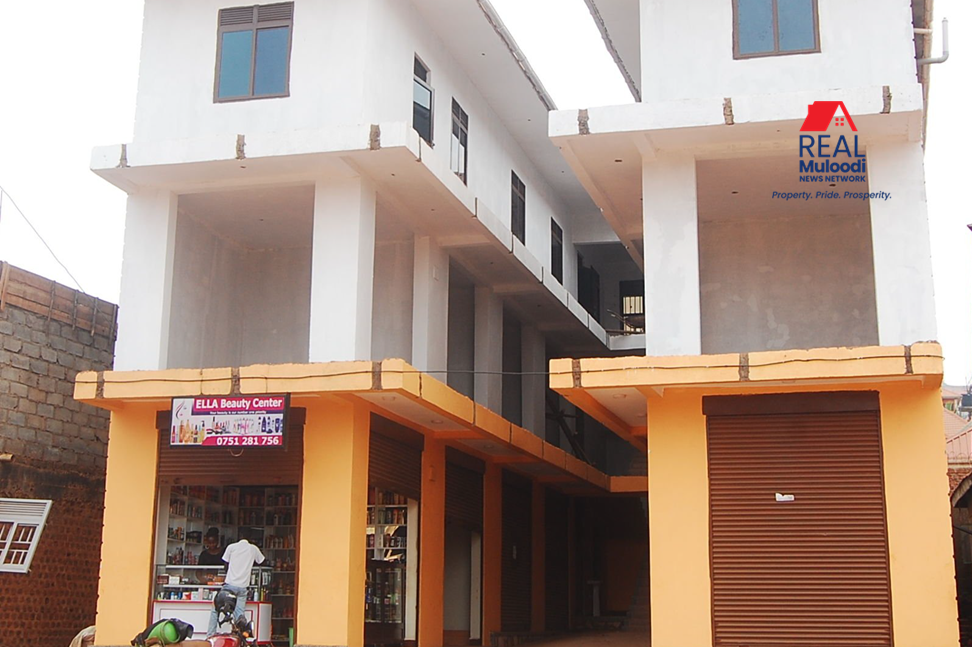UGANDA, Kampala | Real Muloodi News | In areas where land is scarce, the construction of mixed-use buildings has become a popular solution. These buildings combine residential, commercial, and office spaces within a single structure.
According to David Kireli, a civil engineer, this type of development allows for the accommodation of various activities in a limited space.
Abdu-Wahab Nyanzi, an architect, advises urban residents to consider investing in mixed-use structures that can serve as shops, offices, and residential units all in one.
The Benefits of Mixed-Use Buildings
Nyanzi points out that developed markets have successfully embraced mixed-use buildings. These structures create vibrant and active city environments that remain lively throughout the day and night.
However, it is crucial to carefully balance the needs of each function within the building. Each function requires different facilities such as parking, electricity, water, waste management, and access control.
For instance, commercial activities may consume the majority of the parking space, leaving residents with limited parking options.
Noise can also become a concern if commercial activities disrupt the residents’ peace. Architects play a crucial role in ensuring that all functions coexist harmoniously for the success of the project.
The success of a mixed-use building also depends on the preferences and expectations of the occupants.
Kireli explains that in areas with limited land, constructing multi-story buildings is a practical solution to accommodate various services.
However, architects must ensure minimal conflicts of interest between residential and commercial functions.
Residential spaces should ideally provide privacy and comfort, even when in the same building as businesses.
Advantages and Disadvantages
Agnes Nabwele, a resident of a mixed-use building in Kawempe, highlights the security benefits of such structures. The constant activity from a nearby bar provides a sense of safety regardless of the time of day.
Additionally, having an office within the same building as one’s residence offers flexibility in working hours.
However, it is essential to consider potential disadvantages. Akello, another resident, mentions the issue of noise pollution.
If the building houses activities such as welding or a bar with loud music, it can significantly impact the quality of life for residents.
Investing in mixed-use buildings requires careful consideration of various factors, including location, target tenants, and the ability to balance the different functions within the structure.
While these buildings offer advantages such as space optimisation and convenience, it is important to address potential drawbacks, such as noise and conflicts of interest.
By working closely with knowledgeable architects and conducting thorough research, investors can make informed decisions regarding the feasibility and profitability of mixed-use building projects.
READ MORE LIKE THIS:



